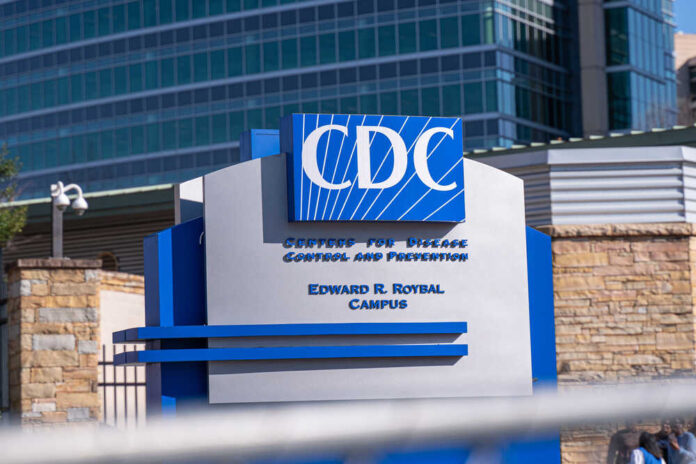On Friday, the CDC issued a nationwide notice alerting medical workers to look for illnesses caused by Vibrio vulnificus, a rare flesh-eating bacterium that has already claimed the lives of at least 13 people along the Eastern Seaboard this year.
The CDC reports an eight-fold increase in cases from 1988-2018 in the eastern United States, where the bacterium has been recorded less often than in the Gulf Coast. In the same time frame, the infected area expands northward by 30 kilometers every year. The organization noted that this year’s outbreaks coincided with higher-than-average sea surface temperatures around the coast.
Each year, the Centers for Disease Control and Prevention (CDC) receives reports of infection with Vibrio vulnificus from up to 200 persons in the United States. The organization reports that 20% of all cases are deadly, often within the first few days of symptoms appearing.
V. vulnificus wound infections are characterized by necrotizing skin and soft tissue infection and have a short incubation time. According to the CDC, a severe illness in which the tissue surrounding an open incision dies develops in some instances of Vibrio vulnificus infection. This is called necrotizing fasciitis.
The warning issued on Friday asks doctors to think about the bacterium as a potential source of infection in patients who have been in warm coastal waters during the warmer months. The CDC warns that “extreme weather events,” including coastal floods, hurricanes, and storm surges, may push coastal waters into inland locations, increasing the risk of Vibrio wound infections for anyone exposed.
New York has had one fatality attributed to the bacterium this year, while Connecticut has had two, North Carolina has had three, and Florida has had seven.
According to the CDC, the primary transmission mode of Vibrio vulnificus is via open wounds coming into contact with salt water or brackish water; transmission from person to person has not been documented. Wound infections are more common in those with preexisting illnesses such as liver disease, diabetes, and immune system impairment.
Approximately 10% of those who consume raw or undercooked shellfish get infected with the bacterium.















